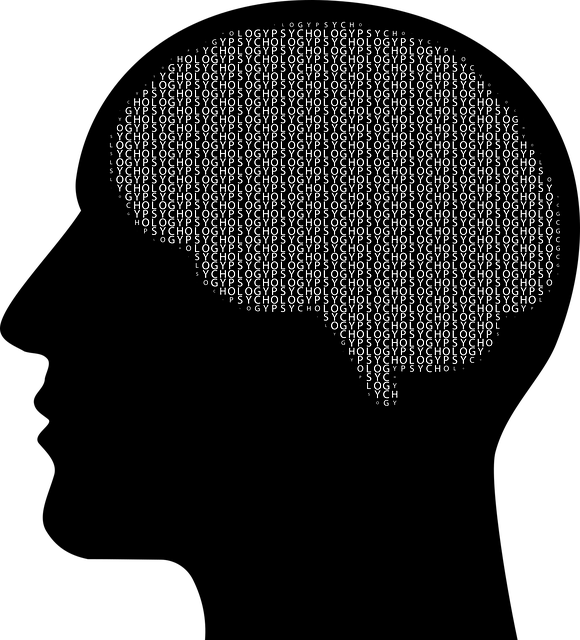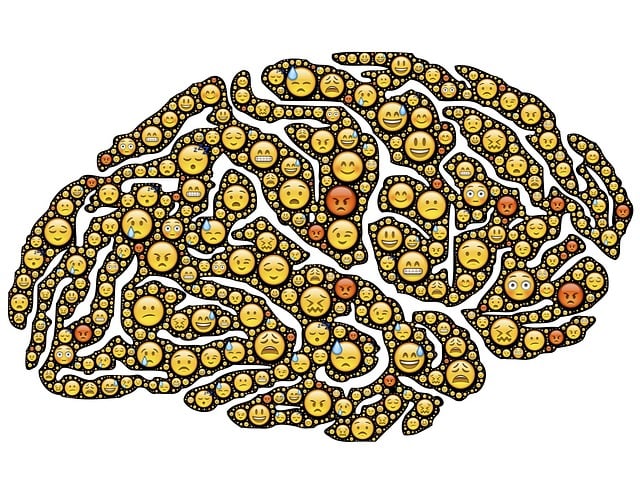Mental health professionals face challenges diagnosing patients in diverse communities, particularly French-speaking areas due to cultural barriers and language differences. Stigma surrounding mental illness discourages help-seeking behaviors. Accurate diagnosis can be improved through early intervention strategies like Broomfield French Speaking Therapy, which offers specialized training for therapists and promotes open dialogue to reduce stigma and enhance care quality. Integrating clinical interviews, psychological tests, community outreach, and self-awareness exercises improves diagnostic accuracy for bilingual or multicultural patients.
Mental illness diagnosis accuracy is a critical aspect of patient care, yet challenges like misdiagnosis and cultural barriers persist. This article explores these hurdles in depth, delving into the impact on diverse populations, particularly those speaking French. We present innovative solutions, such as the Broomfield French Speaking Therapy approach, designed to enhance diagnostic precision. Additionally, we offer a comprehensive overview of strategies that can be adopted by healthcare professionals to improve mental health diagnosis accuracy overall.
- Understanding the Challenges: Misdiagnosis and Cultural Barriers in Mental Health
- Broomfield French Speaking Therapy: A Novel Approach to Enhancing Diagnosis Accuracy
- Strategies for Improving Diagnosis Accuracy: A Comprehensive Overview
Understanding the Challenges: Misdiagnosis and Cultural Barriers in Mental Health

Mental health professionals often face significant challenges when it comes to accurate diagnosis, especially in diverse communities. Misdiagnosis is a pressing issue, as symptoms can be complex and multifaceted, varying from person to person. For instance, cultural barriers play a substantial role, influencing how individuals express and perceive their mental health struggles. In many cases, language differences, such as those spoken in Broomfield French-speaking communities, may hinder open communication, leading to misapprehension of symptoms or cultural nuances. This, in turn, impacts the diagnostic process, potentially resulting in incorrect labels or overlooked conditions.
Furthermore, cultural beliefs and stigma surrounding mental illness can deter individuals from seeking help, adding another layer of complexity. Building resilience and coping skills is crucial for early intervention, as it empowers people to navigate challenges without relying on formal diagnoses. By fostering open dialogue, encouraging cultural sensitivity training for therapists, and promoting education about mental health within diverse communities, we can work towards better diagnosis accuracy, improved access to care, and ultimately, enhanced well-being for all.
Broomfield French Speaking Therapy: A Novel Approach to Enhancing Diagnosis Accuracy

In the realm of mental health diagnosis, the Broomfield French Speaking Therapy approach emerges as a novel and innovative strategy to enhance accuracy. This therapeutic method is particularly designed to address the unique challenges faced by individuals who struggle with mental illness while also speaking French. By incorporating elements of social skills training and encouraging positive thinking, this therapy goes beyond traditional diagnostic practices. It aims to create a supportive environment that fosters open communication, helping professionals better understand the nuanced experiences of French-speaking patients.
Broomfield French Speaking Therapy involves intensive training for therapists, teaching them specialized communication techniques tailored to cultural and linguistic sensitivities. This approach not only improves diagnosis accuracy but also contributes to mental illness stigma reduction efforts by promoting inclusive practices within the healthcare system. By recognizing and addressing the specific needs of this demographic, the therapy revolutionizes traditional diagnostic methods, ultimately enhancing the overall quality of care provided.
Strategies for Improving Diagnosis Accuracy: A Comprehensive Overview

Diagnosing mental illness accurately is a complex task, often challenging due to the subjective nature of symptoms and the vast array of possible conditions. However, several strategies can significantly enhance diagnosis accuracy. One key approach is integrating diverse assessment methods, including clinical interviews, psychological tests, and medical examinations. This comprehensive evaluation ensures that all relevant aspects of an individual’s mental health are considered.
Furthermore, cultural sensitivity is paramount. Training healthcare professionals in Broomfield French-speaking therapy techniques allows for more precise diagnoses, especially when dealing with bilingual or multicultural patients. Community outreach programs and public awareness campaigns development can also play a vital role by educating individuals about mental health symptoms and encouraging them to seek help. Additionally, promoting self-awareness exercises can empower people to recognize their own mental health challenges and communicate these effectively to healthcare providers.
Mental illness diagnosis accuracy is a multifaceted challenge that requires innovative solutions. The article has explored significant hurdles, such as misdiagnosis and cultural barriers, emphasizing the need for inclusive approaches. Among the strategies discussed, Broomfield French Speaking Therapy stands out as a promising novel approach that caters to specific linguistic and cultural needs. By combining advanced diagnostic tools with tailored therapeutic methods, efforts to improve accuracy can lead to more effective treatment plans and improved patient outcomes. Further research and implementation of comprehensive strategies are crucial steps towards refining mental health diagnosis processes.














